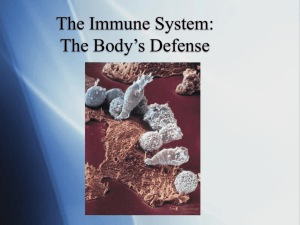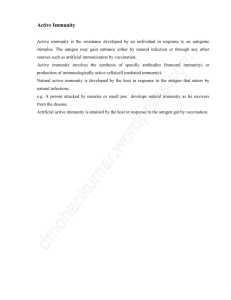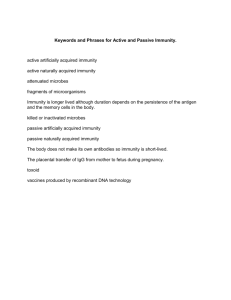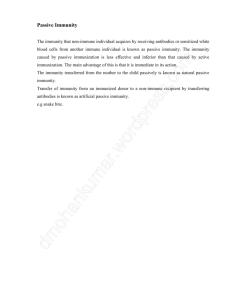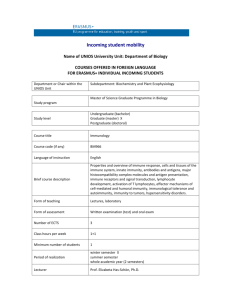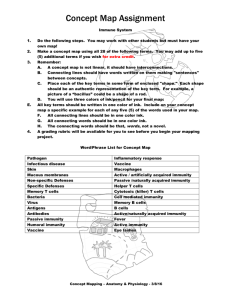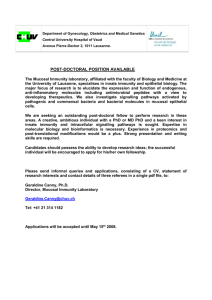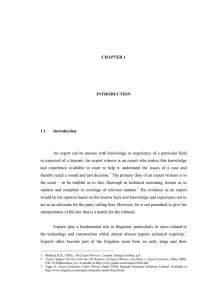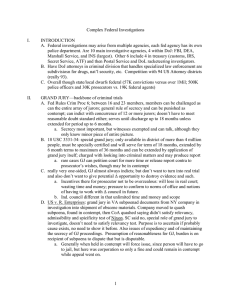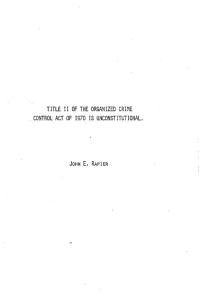Ch 14 – The Trial
advertisement
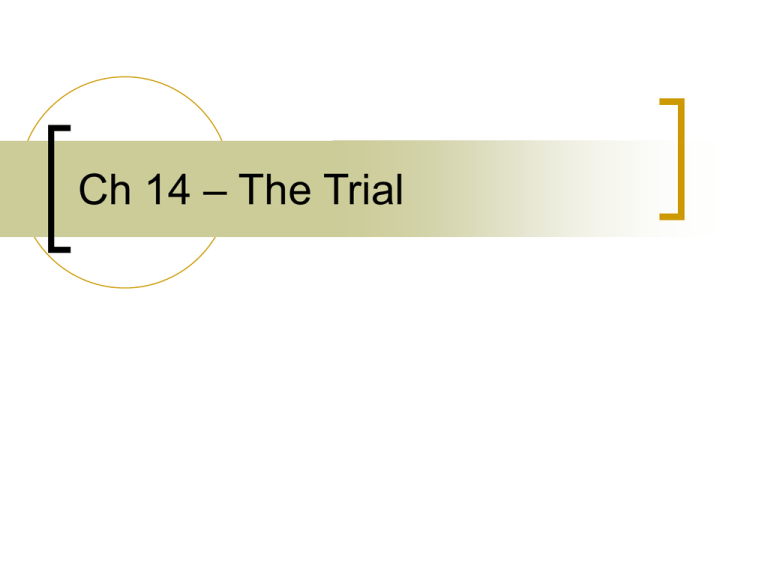
Ch 14 – The Trial Fair trial – based only with people accused of a crime 6th amendment – right to a trial by jury (Fed and State) Jury: not required in every case/ not used much Most cases resolved by pleas Can waive right to a jury Not used/required in cases where offenses are punishable by 6 months or less Jury Selected by voter registration/tax lists/driver license rolls Representative of the community FED – 12 person jury – must reach a unanimous verdict STATE – use 12 but only req. 6 – the supreme court has not recognized unanimous verdict Attorneys Right is protected under the 6th amendment Powell v Alabama (“Scottsboro Boys”) –(The case of the Scottsboro Boys arose in Scottsboro, Alabama during the 1930s, when nine black youths, ranging in age from thirteen to nineteen, were accused of raping two white women, Victoria Price and Ruby Bates, one of whom would later recant. The four trials, in which the youths were convicted and sentenced to death by all-white juries despite the weak and contradictory testimonies of the witnesses Johnson v. Zerbst (allows in federal courts) 1938 supreme court req. all federal cases 1965 – all state/fed courts Public defenders paid by court – less than private lawyers $23,000 - $169,000 (public defenders) Controversy – quality of the defense Witness Process Defendants have the right to compulsory process Can subpoena a witness to testify Defendants have the right to confront a witness and cross examine Child testimony – usually closed circuit TV is used The defendant can take the stand but it is a federally protected right to not do such an action Immunity Immunity from prosecution occurs when a prosecutor grants immunity to a witness in exchange for testimony. It is immunity because the prosecutor essentially agrees to never prosecute the crime that the witness might have committed in exchange for that testimony. Immunity confers a status on a person or body that places him/her/it above the law and makes that person or body free from otherwise legal obligations such as, for example, liability for torts or damages or prosecution under criminal law for criminal acts Judicial immunity, which finds its origin in sovereign immunity, is the absolute immunity of a judge or magistrate from any kind of civil liability for an act performed in the judge's official capacity. while sitting on the bench the judge cannot be sued for defamation if he or she makes a statement about one of the parties before the court that might otherwise be considered slander. Homework 14.1, 14.4, 14.5 due tomorrow Will be collected!


